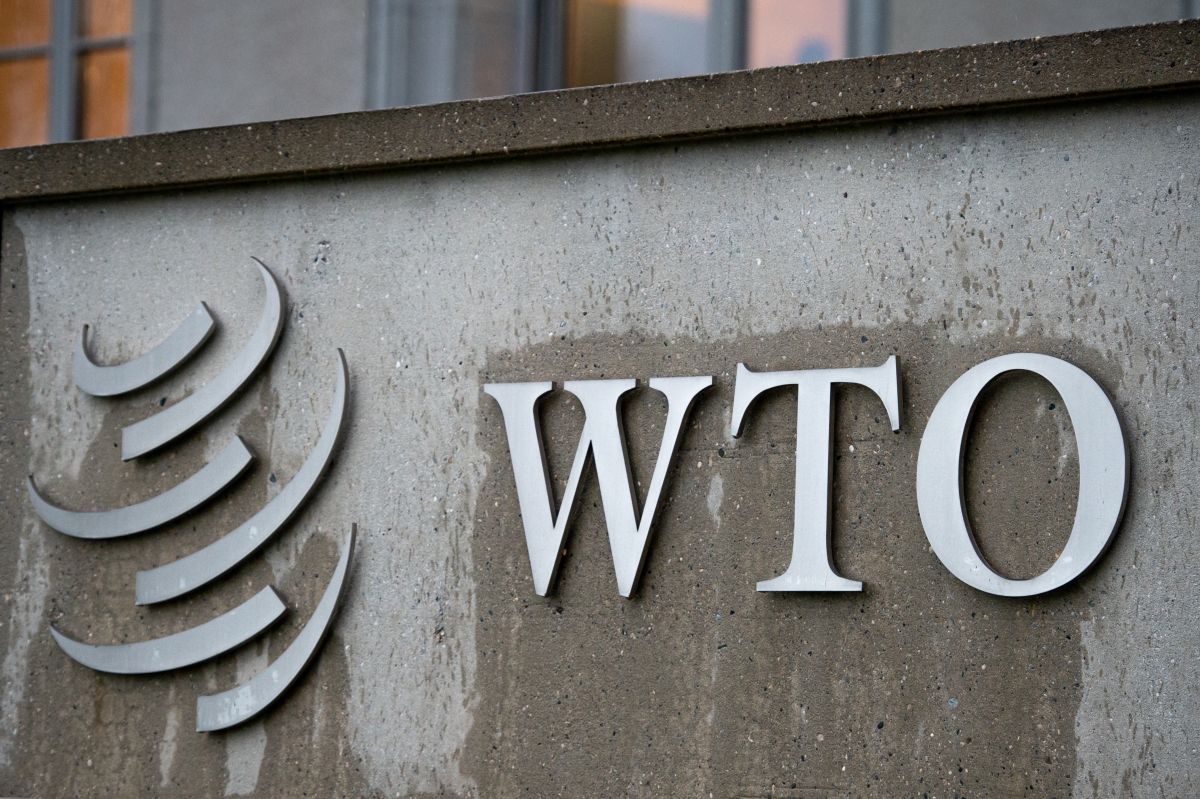U.S. and Japan Must Team Up On Global Economic Challenges in 2021
Nikkei Asia

(Getty Images)
The following is an excerpt of ASPI Vice President Wendy Cutler and Asia Group Partner Kurt Tong's op-ed originally published in Nikkei Asia.
When trade folks talk about phase two trade negotiations, they are typically referring to the U.S.-China talks. However, the U.S. and Japan also committed to a second phase of trade negotiations, after announcing a mini deal last October that was narrowly focused on agricultural and industrial tariff cuts, as well as rules for digital trade.
One year later, it is no longer clear that this second phase of bilateral trade talks should rank high on the list of U.S.-Japan economic priorities. Indeed, given COVID-19 and the resulting global economic downturn, the increasingly glaring nonexistence of effective trade rules to rein in unfair Chinese trade practices and the World Trade Organization's existential crisis, it seems clear that the U.S. and Japan now need to think bigger, broader, harder and in greater unison about how to maximize our collective impact on urgent regional and global challenges.
This does not mean that Japan and the U.S. should stop tackling bilateral trade issues raised by U.S. businesses and workers, for example in such areas as transparency and due process in pharmaceutical pricing, and automotive non-tariff measures. These concerns should be resolved expeditiously, but using focused bilateral channels in a low-key, results-oriented manner. This makes more sense than taking on all the political complexities of a full-fledged bilateral trade agreement, which could heighten bilateral tensions and distract from higher priorities. Instead, and especially considering the dramatic rise of China, our two like-minded nations -- the world's largest and third-largest economies -- would be best served by focusing on the top policy challenges facing the Indo-Pacific and world economy in the new COVID-impacted era.
In 2020, we have witnessed a sharp increase in calls to localize production and reshore supply chains, and bold attempts at greater government control of private data. We have also seen a sharp escalation in the politicization of international economics, even as China's growing size and hardening statist policies have accentuated the challenges that China poses to an open, rules-based system. And we have witnessed the sidelining of the WTO as it fights to stay relevant. The U.S. and Japan have always sought to work together to promote trade and investment throughout Asia. As we approach 2021, our combined focus needs to be sharper and stronger -- and characterized by more intense coordinated action. So, what specific agenda should Japan and the U.S. pursue together?